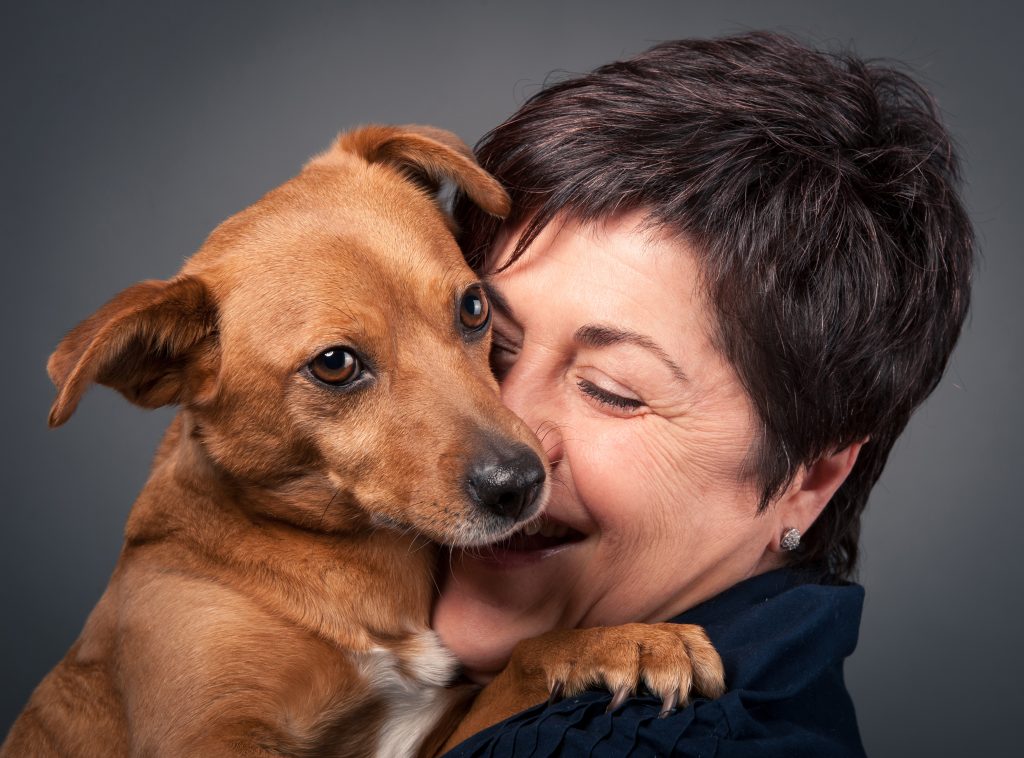
For most of us, our pets are our family. We treat them with the same kind of loving care that we treat our children. For many, our pets are our children. Unfortunately, while the number of smokers is on the decline, one out of five pet owners smoke. And, while most of us are very aware of the dangers of second-hand smoke for our children and loved ones, some of us forget that pets are also susceptible to the illnesses that cigarettes and cigars can cause.
If you are a smoker and a pet-owner who is thinking about quitting, here are some sobering facts about the consequences of smoking around our faithful four-legged – and even our two-legged – friends.
- Our pets spend more time in our homes than we do. If you still smoke inside your home, know that your pet is inhaling polluted air all day and all night.
- Tobacco smoke contains approximately 7,000 chemicals, hundreds of which are known toxins and 70 that are cancer-causing.
- Dogs that live with smokers are three times more likely to develop cancer than dogs living in smoke-free homes.
- Cats are more likely to develop oral cancer or lymphoma because they are constantly licking carcinogens off their fur.
- Birds are especially sensitive to pollutants in the air and typically develop eye and skin disease. If your feathered friend perches on your nicotine-covered hand, chances are he or she will develop dermatitis.
- If a dog ingests anywhere from one to five cigarettes, it can be fatal. If your puppy is unfortunate enough to consume even two cigarette butts, it can kill him or her in a very short period of time.
Some symptoms that your pet is getting sick from your smoke
It may be hard to know if your pet is sick from your smoke or from some other cause. But, chances are, if you’re still smoking in the house, it isn’t doing your animals any good. Some symptoms as common as vomiting, scratching, chewing or biting their skin, or respiratory distress can be signs that your dog is allergic to second-hand smoke.
Birds are likely to pull out their feathers if they are suffering from dermatitis. And, if you are thinking of breeding your birds, you may need to think again. Second-hand smoke has been known to cause infertility in birds.
Cats are also susceptible to respiratory problems and can develop asthma. If your cat is coughing and having trouble breathing, chances are your smoking is causing it.
Steps you can take to protect your pet
Anybody who has been addicted to cigarettes knows how tough it is to make the commitment to quit and then to and see it through. If you’re not ready yet to go cold turkey, at least stop smoking indoors.
If you are smoking in your back yard, be sure not to leave your butts on the ground for your inquisitive pooch to pick up in his or her mouth. And DON’T leave packs of cigarettes lying around the house where your dog can find them and accidentally ingest them – ESPECIALLY if you have a new puppy!
Make sure to wash your hands thoroughly, if you are smoking outside and then handling your pets.
Local resources for kicking the habit
Finally, give yourself, your family and your beloved pets the bet gift ever – a healthier, non-smoking You! Of course, your pets will love you, no matter what your habits are. But, isn’t it worth it to have you – and them – around longer to enjoy the love that exists between pets and their owners?
For help in kicking the smoking habit, you can go to the NYS Smoker’s Quitline: https://www.nysmokefree.com/ or call 1-866-NY-QUITS (1-866-697-8487).
You can also contact Glens Falls Hospital to find out more about their free smoking cessation classes that are held four times a year. Follow this link to learn more: https://www.glensfallshospital.org/services/community-service/health-promotion-center/fix-it-live-tobacco-free
